Search
Explore content from JFS, ASB, the AAFS Newsfeed, and other content using the search bar or filters.
Code of Conduct
Membership Benefits
Since 1948, the American Academy of Forensic Sciences has served as the world's leading multidisciplinary organization for forensic science professionals. With over 6,500 members across 71 countries and 12 specialized sections, AAFS provides a collaborative community where p...
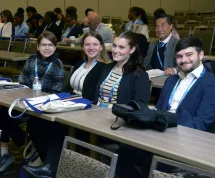
Luncheon Seminars
Luncheon Seminars are 90-minute sessions that provide attendees with both lunch and an in-depth presentation covering a specific topic of special interest to the forensic community. They are available by pre-registration only. It is recommended to register for these special sessi...
Committees
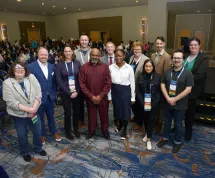
HHRRC Testimonials
Hear from various individuals about how the Humanitarian and Human Rights Resource Center has impacted their work, their lives, and their mission to improve forensic science.
Manage Your Membership Status
Current AAFS members can use the links below to manage, upgrade, promote, or confirm their membership status. Members with retired or disabled status should contact the AAFS membership department.
The Education of the Next Generation Forensic Scientist
Free to AAFS members - this webinar offers a comprehensive and engaging roadmap for students pursuing careers in forensic science. By blending historical context, accreditation standards, and practical strategies to help students navigate academic choices and develop essential skills, the viewer will take away tips for the successful transition from academia to a forensic laboratory career.
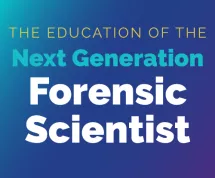
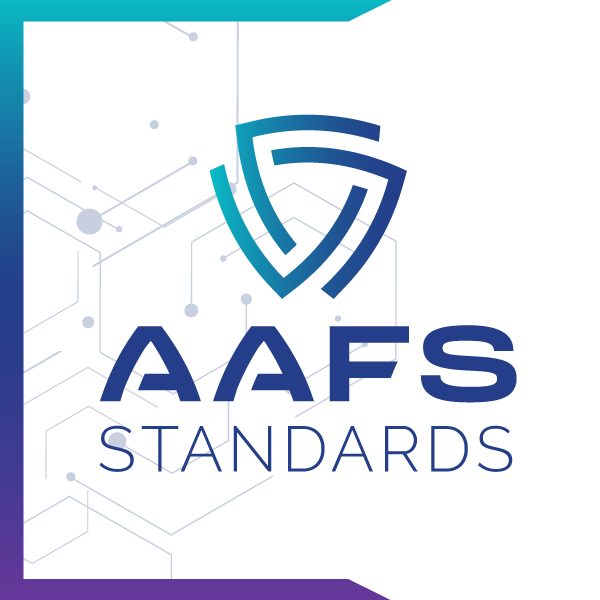
Analytical Characterization of Emerging Drugs – Practical Approaches to Address Forensic Science Challenges
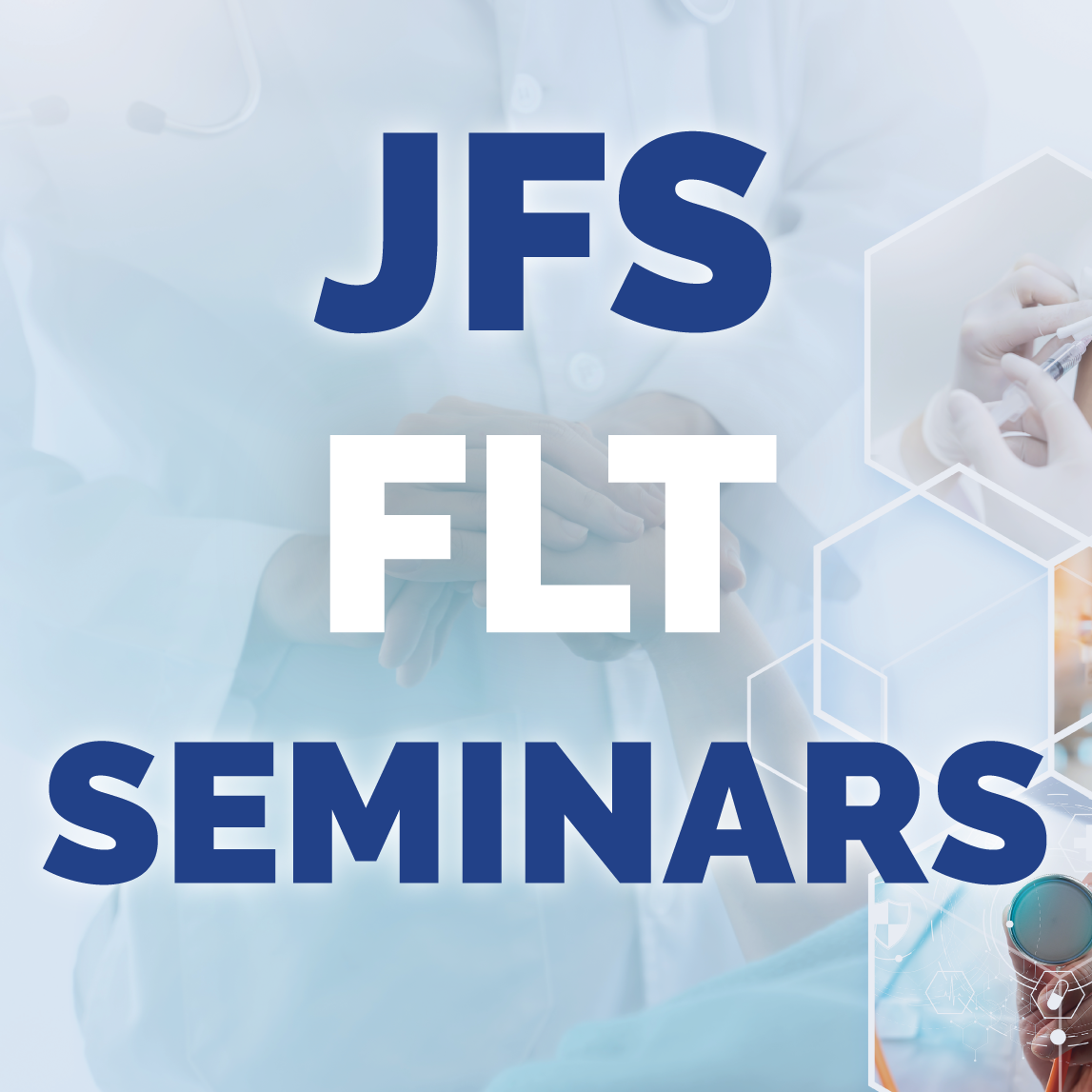
Forensic Investigative Genetic Genealogy – Part II

Clandestine Synthesis of Methamphetamine: An Overview
